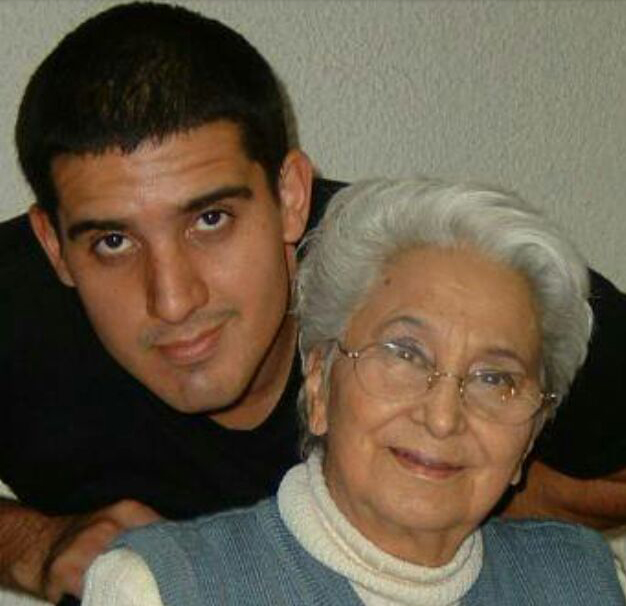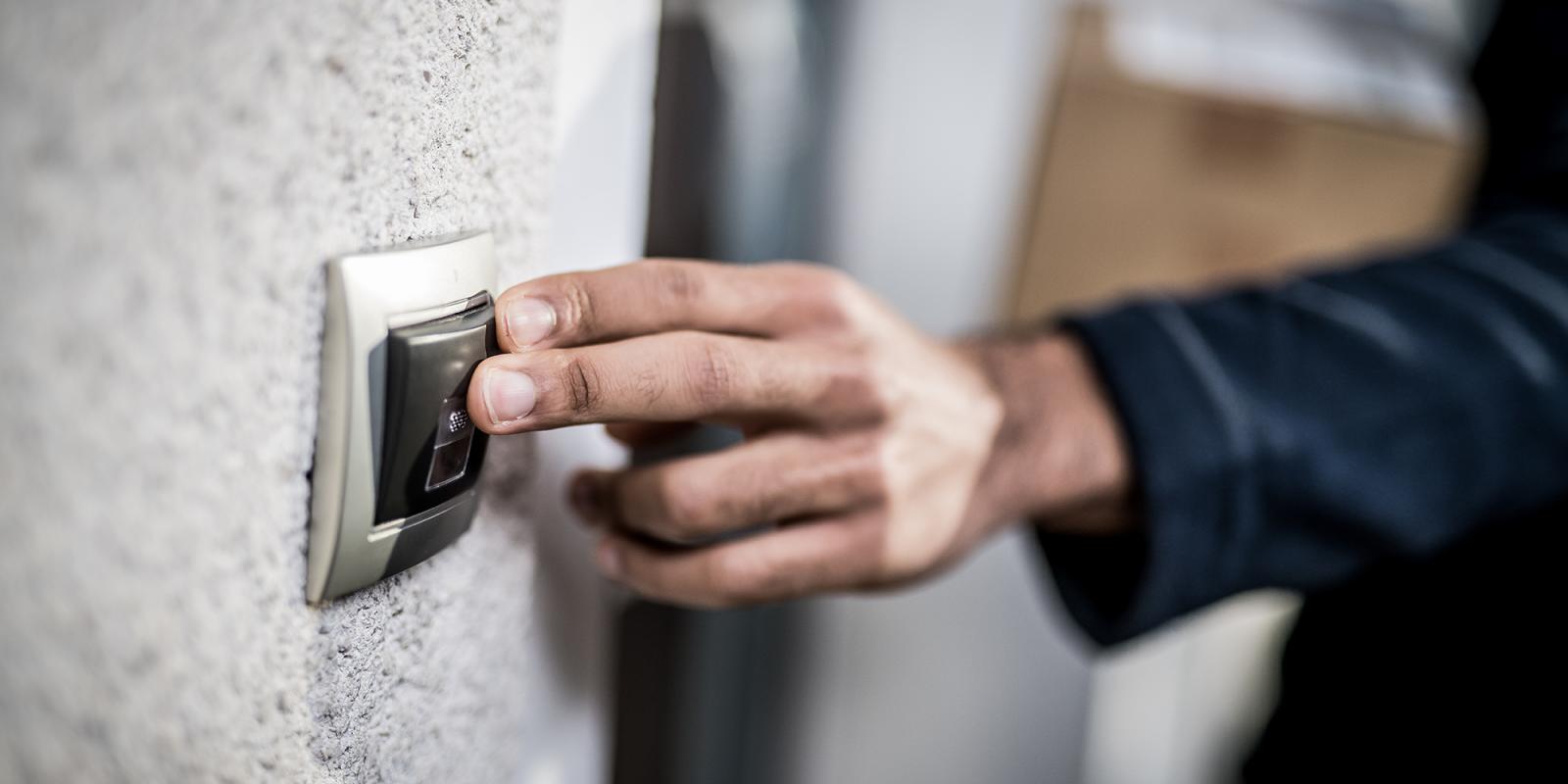
I
remember medical school in Mexico City, how challenging it was, and how eager I was to learn to treat patients correctly. My training was comprehensive, and there was not one specialty that I missed in rotations. I remember taking a medical anthropology class, where I learned about human behavior and how it relates to medicine. And in my first job as a doctor, I remember talking to various patients about the importance of eating a healthy diet, urging them to take their medication and being frustrated when they neither took their medication nor followed their diet, and their condition worsened.
The truth is I was not prepared for the reality of a patient’s life outside of a hospital or clinic. I was trained in the best and most current treatments, in the best diagnostic tests, and in how to diagnose diseases without many tests, as they are not available for everyone where I trained. Still, I never gave too much thought to what happens when someone leaves the hospital.
Lessons Learned in the Home
It was not until I started my current job in New York City as a care transitions specialist for JASA that I had a rude awakening. I learned what goes on after hospitalizations and doctor’s visits—all the challenges most geriatric patients must endure.
We are incredibly fortunate to live in the most technologically advanced moment in human history. Still, that means we are dependent upon computers and devices that sometimes represent an insurmountable barrier for many. One great example is scheduling a COVID-19 vaccine through the Internet. How would a 95-year-old who lives by himself and isn’t proficient with his smartphone possibly schedule an appointment?
Another challenge I have seen time and again is medication compliance. As a doctor, I was only able to do so much when meeting patients at the office. As a care transitions specialist, I was shocked when I met one of my first patients at home. This gentleman was quite sick and needed constant oxygen support. His discharge summary listed more than 20 medications. He was well known at the hospital for constantly being readmitted.
As I walked into his house, I realized he had more than 200 medicine bottles. He knew neither which belonged to his current treatment, nor what any of the medications were supposed to treat. The next afternoon, with the help of a co-worker and with the patient’s consent, we went through every single drug. We helped the patient to separate all the expired medications and those that were no longer indicated for him and made sure he had what he needed for his current treatment.
Sometimes older adult patients can fall through the cracks, and it takes determination to help them. Another gentleman was on hemodialysis and returned to the hospital every other week because he had missed his dialysis appointments. No one seemed to understand why, and this man had no phone, which was another barrier to communication and receiving services.
I remember meeting him in the hospital and getting his consent to show up at his house. As I visited him, I realized he did not have his medication, and because he was unable to care for it, his house was cluttered and unclean. He needed help at home.
Following my first visit, I helped him to get a phone and confirmed his dialysis appointment for the next day. Unfortunately, despite the confirmation, he missed that appointment. He told me his transportation service did not show up, although the transportation company had confirmed the pick-up.
So I visited the patient again to try to help him make it to his next dialysis appointment. We called his dialysis center and transportation company to coordinate an appointment for the following day. When I arrived the next day to help him get to his appointment, the transportation service never arrived, despite their confirmation.
Never make assumptions about patients—listen to them and learn about their lives outside of the hospital setting.
Had I not been there to witness this, the medical team (including myself) might have thought it was the patient that was avoiding the dialysis appointments rather than the transportation company that was failing its commitment. We promptly contacted the dialysis center and the hospital and connected the patient to a new transportation company.
After that intervention, the patient started attending his dialysis appointments. This experience highlighted how important it is never to make assumptions about patients—to listen to them and learn about their lives outside the hospital setting.
Cultural Competence Is Critical
It also has been enlightening and sad to realize that not everyone shares the same opportunities. In the community where I work, a good percentage of the older adult patients I have helped are uninsured and many times undocumented. Not long ago, I began assisting a man who had migrated here to work in construction. The job allowed him to send money back to his wife, children and grandchildren.
Recently he had been diagnosed with colon cancer. Surgery was performed to remove the tumor and place a colostomy. He saved little money throughout the years because he had sent all his earnings back to his family, and since he got sick, he had been unable to work. He needed transportation to his radiation appointments, but he was not entitled to many services because he was uninsured and undocumented.
Luckily the hospital has a program that allows him to receive his medical treatments and medicines for a low price. Still, unfortunately, the hospital would not cover his colostomy supplies. Through philanthropic resources (coordinated by JASA), I was able to provide him with several months of colostomy supplies, and we arranged almost daily transportation to his radiation therapies.
I feel blessed to have been allowed to help vulnerable patients and learn the realities of their living situations. These patients have allowed me to enter the most intimate place in their world—their home—and I believe most of them let me in because they desperately need a helping hand. I know that my speaking Spanish, sharing cultural practices and being committed to delivering culturally competent care has made a big difference to my patients and improves the quality of their care.
As a future physician here in the states, I am happy I have had the opportunity to see up close and personal the importance of the social determinants of health. Now I realize nutrition, economic stability, housing and the community are just as crucial for someone’s health as is medical treatment.
I believe as a healthcare worker that if one is armed with the knowledge of a patient’s living situation, family dynamics, economy, legal status and culture, it can be translated to better outcomes for the patients.
Jose Martinez. MD, is a JASA Care Transitions Specialist and an International Medical Graduate from Mexico.













